Challenge?

Trust

Unleash the power of ERP
We support businesses with modern IT solutions. We specialize in implementing ERP systems from leading providers – IFS Cloud, Epicor, and iScala – as well as advanced BI tools and document workflow systems. Our experience enables us to create dedicated projects that combine scientific innovation with business practice. We also carry out educational projects and offer our proprietary Multirobot system – an advanced agent-based solution powered by artificial intelligence, serving as a modern alternative to traditional MES and APS systems.
IFS Cloud: A New Era of ERP
Flexibility and scalability
You can adapt the system to your company’s growing needs without limits – all without the need to invest in new infrastructure.
Reduction of operational costs
Better resource management helps lower costs, optimize asset utilization, and increase efficiency.
Security and compliance
Protect your company data and stay compliant with regulations by leveraging built-in security features and industry-standard updates.
Comprehensive optimization
of business processes
Streamline operations through automation and centralized management, boosting overall efficiency.
Seamless implementation and easy integration
Deploy the system and effortlessly integrate it with existing applications, minimizing downtime.
Enhanced decision-making
Access to real-time data and analytics enables swift responses to market changes.
Discover the possibilities of IFS Cloud for your industry
Construction and Project Delivery
Manufacturing Execution
Service Delivery
IFS.ai: AI-Powered ERP for Your Business
IFS.ai is an intelligent tool that takes your ERP system to the next level. Leveraging advanced artificial intelligence algorithms, it analyzes real-time data, automates key processes, and delivers accurate recommendations—enabling faster, smarter decision-making. IFS.ai not only monitors your ERP system’s performance but also identifies areas for improvement, supporting your company’s dynamic growth. Discover how integrating AI with ERP can boost operational efficiency and accelerate your business transformation.

Multirobot: An Intelligent System for Manufacturing
Precise solutions tailored to your needs.
Top-quality products and services backed by proven experience.
Gain the Edge
Professional support available whenever you need it.
Process optimization that drives business growth.
A stronger market position and improved financial performance.
In the market
Consultants’ experience
Completed projects
Served clients
FAQ: Clear Your Doubts
An ERP (Enterprise Resource Planning) system is integrated software designed to manage a company’s business processes, covering areas such as finance, manufacturing, sales, logistics, HR, and more. It operates on a shared database, enabling real-time information flow and full integration across all departments. This allows for monitoring, analysis, and optimization of processes, enhancing efficiency and transparency in management.
Implementing an ERP system streamlines business processes, increases work efficiency, improves information flow, and reduces operational costs. By centralizing data, it eliminates errors and duplicates, leading to better resource management and more accurate decision-making based on real-time information.
ERP optimizes processes by automating routine tasks, eliminating errors caused by manual data entry, and ensuring consistency of information across the entire organization. It enables better production planning, inventory control, and efficient management of human resources.
Choosing the right ERP system requires analyzing your business needs, defining your budget, evaluating available functionalities, and considering integration capabilities with existing IT tools. It’s important that the ERP system is flexible, scalable, and tailored to the specifics of your operations, while also offering technical support and the potential for future expansion.
The ERP implementation process includes needs analysis, solution selection, configuration, data migration, testing, training, and go-live. The timeline depends on the scale and complexity of the project, typically ranging from several months to over a year.
The costs of ERP implementation include license purchase, implementation, configuration, training, maintenance, updates, and any customizations required to meet the specific needs of the company. The final price depends on the scale of the project, the functionalities needed, and the chosen deployment model.
Modern ERP systems feature open integration architecture based on APIs or web services. This allows seamless data synchronization with various specialized systems such as nesting software, WMS, e-commerce platforms, and more.
An ERP system supports decision-making by providing real-time reports and analytics. It enables the monitoring of key performance indicators, identification of areas needing improvement, and the creation of accurate forecasts and business strategies.
Modern ERP systems are fully scalable and flexible, allowing for the expansion of new modules and features as the company grows. They support adding users, integrating with additional tools, and modifying functionalities without the need to replace the entire system.
At L-Systems, our mission is to deliver and implement comprehensive business IT environments by forging strategic partnerships with industry leaders, developing proprietary software, and designing innovative, customized solutions grounded in client experience and academic research. We strive to achieve this by fostering a culture of respect for our team members’ ideas and initiatives, and by encouraging their active participation in shaping the company’s direction.
Robert Pawlak, CEO of L-Systems
Contact us!
Questions? Get in touch — we’ll contact you shortly and guide you toward the ideal solution for your business.











